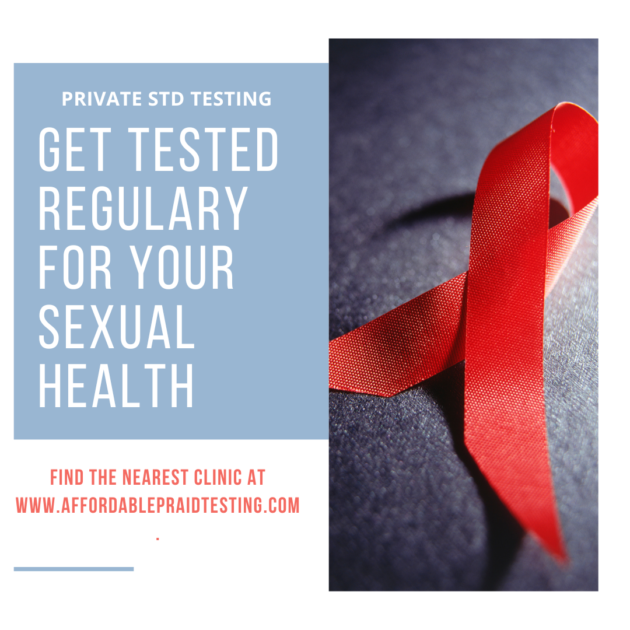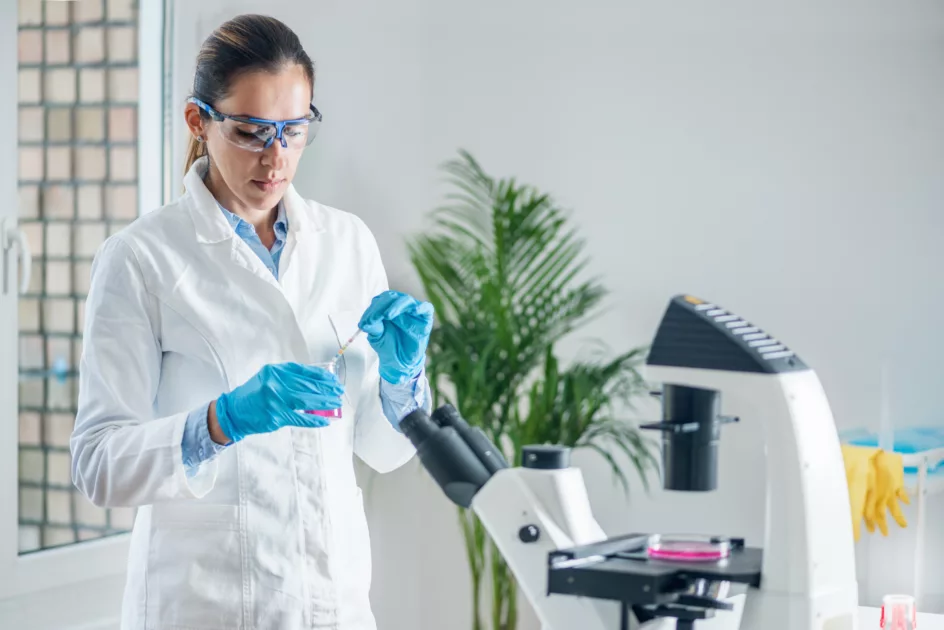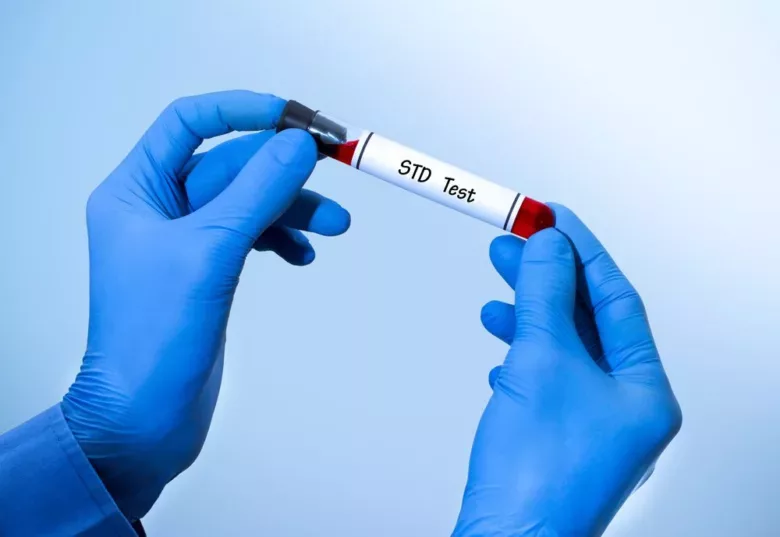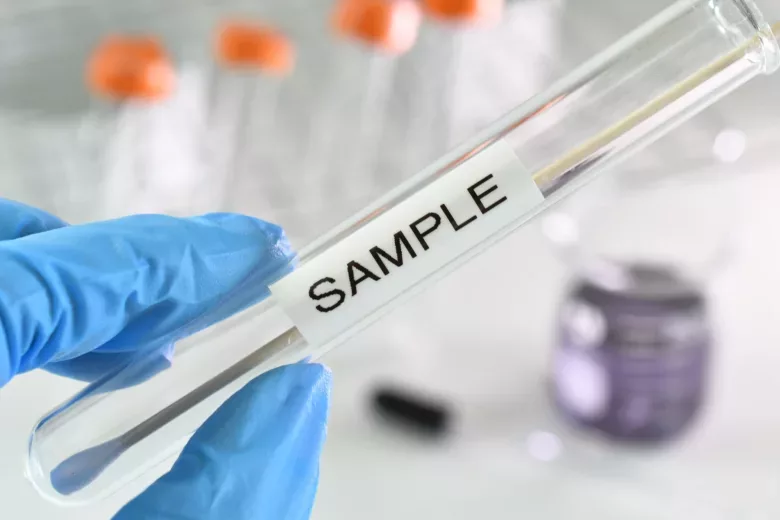Sexually transmitted diseases (STDs) are infections that are communicated via sexual interaction. Bacteria, viruses, or parasites can cause them and have significant health repercussions if left untreated. Getting tested for STDs is essential for taking proper care of your sexual and your overall health.
This blog will give critical information and answer commonly asked concerns concerning STD testing.
Importance of STD testing
STD testing is an essential aspect of sexual health that everyone should consider. Here are some reasons why:
- To know if you have an STD: Many STDs don’t create symptoms. Therefore, the only way to see if you have an STD is to get a test for STDs. Even if you are in a monogamous relationship and not experiencing any symptoms, you should get tested at least once.
- To obtain treatment: If you test positive for an STD, you can receive treatment from your healthcare practitioner if needed. Some treatable STDs can be harmful if they aren’t treated. For example, if left untreated, the most common STDs namely, Chlamydia and Gonorrhea can make cause infertility issues in women.
- To avoid spreading STDs: If you have an STD, you may prevent passing it to other people by getting tested and treated. Having an STD makes you more prone to catch additional STDs, like HIV.
- To encourage honest conversation with sexual partner: Getting tested for STDs fosters open discussion with your sexual partner about STI risks and safer sex.
Common STDs and Their Treatment
Some of the most common STDs are:
- Chlamydia, Gonorrhea, and Syphilis: These are bacterial infections and can be easily treated with antibiotics..
- Human Papillomavirus (HPV), Herpes, Hepatitis B and C, and HIV: These are examples of viral infections and are incurable. However, some can be treated with antiviral medications.
- Trichomoniasis and Pubic lice: These are examples of parasitic illnesses. Parasites cause them and are treatable with medication.
Some STDs, such as Syphilis, Gonorrhea, and Chlamydia, are spread predominantly via sexual contact. Other illnesses, like Zika, Ebola, and Mpox, can be communicated sexually but are most typically spread by means other than sex.
Signs and symptoms of STDs
According to the kind of infection, STI symptoms can vary, and some STIs have no symptoms at all. However, a few widespread STI signs and symptoms are as follows:
- Discharge from the penis or anus that is unusual
- A painful sensation during urination and intercourse
- Itching or discomfort in the genital area
- Uncommon vaginal bleeding
- Sores, or rashes commonly known as warts around the genitals, mouth, or anus
Types of STD tests
There are several types of STD tests available, and the kind of test you receive depends on the suspected infection. You should see a healthcare practitioner to figure out the best testing plan for you.
Here are some of the most common types of STD tests:
- Blood tests: Used to detect Syphilis, HIV, and sometimes Herpes. During the test, a healthcare practitioner will obtain a blood sample.
- Urine tests: Used to diagnose Chlamydia and Gonorrhea. The sample is collected in a cup and transported to a lab for examination.
- Swab tests: Used to identify numerous forms of STDs, including Chlamydia, Gonorrhea, Herpes, HPV, and Trichomoniasis. A healthcare expert will use a swab to acquire a sample from the afflicted region, such as the genitals or anus.
- Lumbar puncture (spinal tap): Used to diagnose advanced-stage Syphilis.
- At-home tests: Some STDs may be screened for using an at-home test.
Where to Get Tested?

There are several options for getting tested for STDs. Here are some places where you can get tested:-
- Doctor’s office: Most primary health providers have the equipment to check for STIs.
- City health facilities and community clinics: These government-run establishments generally provide free or low-cost STD testing services.
- Urgent care clinics: Some urgent care centers provide STD testing.
- At home: Many pharmacies and big-box stores sell home-test kits for STIs. You can purchase these testing kits, collect your sample and send them to the lab to obtain results.
- Planned Parenthood health center: You can locate your nearest local Planned Parenthood health center. They often offer free testing, treatment plans and aftercare.
Some Common FAQs Related to STDs and STD Testing
Do I need to be tested if I don’t have any symptoms?
If you have contracted an STD, getting tested should be your first priority. Some STDs might cause substantial damage over time if they are left untreated. Your sexual partner can also contract an STD, regardless of your showing symptoms. The best method to avoid an STD infection is to undergo periodic STD tests, even if you are asymptomatic.
What should I do if an STD test comes back positive?
If you have an STD, follow your doctor’s treatment advice. You must also notify your partner so they may be tested and treated if required.
Is it feasible to get an STD test done at home?
Certain STDs can be checked at home with at-home testing kits. Typically, you must collect samples (such as urine, blood, or swabs) at home and send them to a lab for examination.
For the Best Walk-in STD Testing Experience, Choose Affordable Rapid Testing.
If you are experiencing STD symptoms, it is crucial to go to a sexual health clinic for a check-up. Most people infected with STDs are asymptomatic. Therefore, it is crucial to get tested to ensure that you and your partner are safe.
Affordable Rapid Testing has many dedicated walk-in STD testing centers in Phoenix and Scottsdale, Arizona. You can visit their testing location without an appointment. They employ quick testing procedures; you can obtain your test results in as little as 15 minutes.


